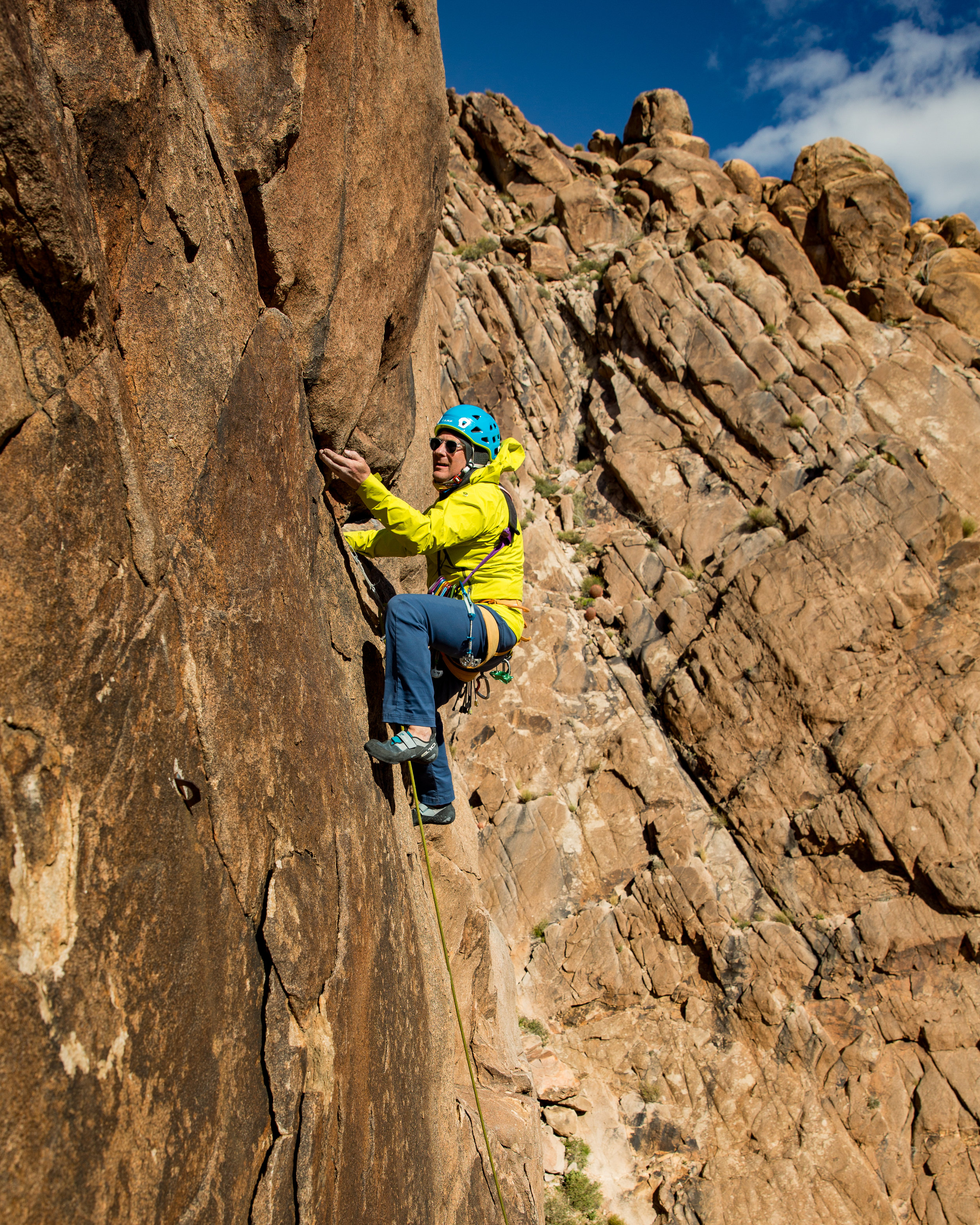On behalf of the American Alpine Club's Board of Directors, we want to update you on the search for the organization’s next CEO and the steps being taken to hire the best candidate to lead the Club forward.
We are pleased to announce that its CEO search committee selected Koya Leadership Partners a leading executive search and strategic advising firm dedicated to connecting exceptionally talented people with mission-driven clients. Koya has over 15 years of experience recruiting outstanding for organizations in the conservation, advocacy, and outdoor fields. In 2019, Koya Leadership Partners became part of the Diversified Search Group. Both firms have been founded and led by women and have long track records of building diversity and equity internally and through their placements. Koya Managing Director, Kara Teising, will lead the search process and candidate recruitment effort on behalf of the AAC and the board.
Thanks to our search committee made up of board members Deanne Buck, Steve Swenson, Mark Butler, Peter Metcalf, David Landman, Kevin Duncan, Len Necefer, Graham Zimmerman and Jen Bruursema. Their time and dedication to the Club is reflected in the work so far and will undoubtedly secure a tremendous CEO.
January 27, 2020, Golden, CO—The American Alpine Club (AAC) is pleased to announce that its CEO search committee selected Koya Leadership Partners a leading executive search and strategic advising firm dedicated to connecting exceptionally talented people with mission-driven clients. Koya has over 15 years of experience recruiting outstanding leaders for organizations in the conservation, advocacy, and outdoor fields. In 2019, Koya Leadership Partners became part of the Diversified Search Group. Both firms have been founded and led by women and have long track records of building diversity and equity internally and through their placements. Koya Managing Director, Kara Teising, will lead the search process and candidate recruitment effort on behalf of the AAC and the board.
After AAC CEO Phil Powers announced in the fall of 2019 that he would be stepping down in Summer 2020, the AAC Board of Directors created a CEO Search Committee dedicated to finding the Club’s next leader. Search Committee members Jen Bruursema, Deanne Buck, Mark Butler, Kevin Duncan, David Landman, Peter Metcalf, Len Necefer, Steve Swenson, and Graham Zimmerman selected Koya Partners after a competitive process that drew proposals from leading national firms.
“Given the growth and broad reach of all forms of climbing and love for the mountains, we feel it is important for the Search Committee to consider a pool of candidates that reflects the community,” Committee Chair Deanne Buck said. “Koya’s commitment to helping their clients achieve their missions by providing customized, strategic, and innovative services and support for acquiring and retaining exceptional talent, aligns squarely with AAC’s focus in hiring our next CEO.”
The role of the search firm is to engage a multitude of stakeholders to create a Candidate Profile, identify and attract qualified candidates, and work with the Search Committee to interview and select the right hire to lead their client organizations into the future.
To date, the AAC CEO Search Committee, in partnership with Koya, has prioritized early effective methods for broad and inclusive consultation and stakeholder engagement with the climbing community. This input will inform the Candidate Profile that the AAC Board hopes to announce early February, with the completion of the search and announcement of next AAC CEO in summer 2020.













